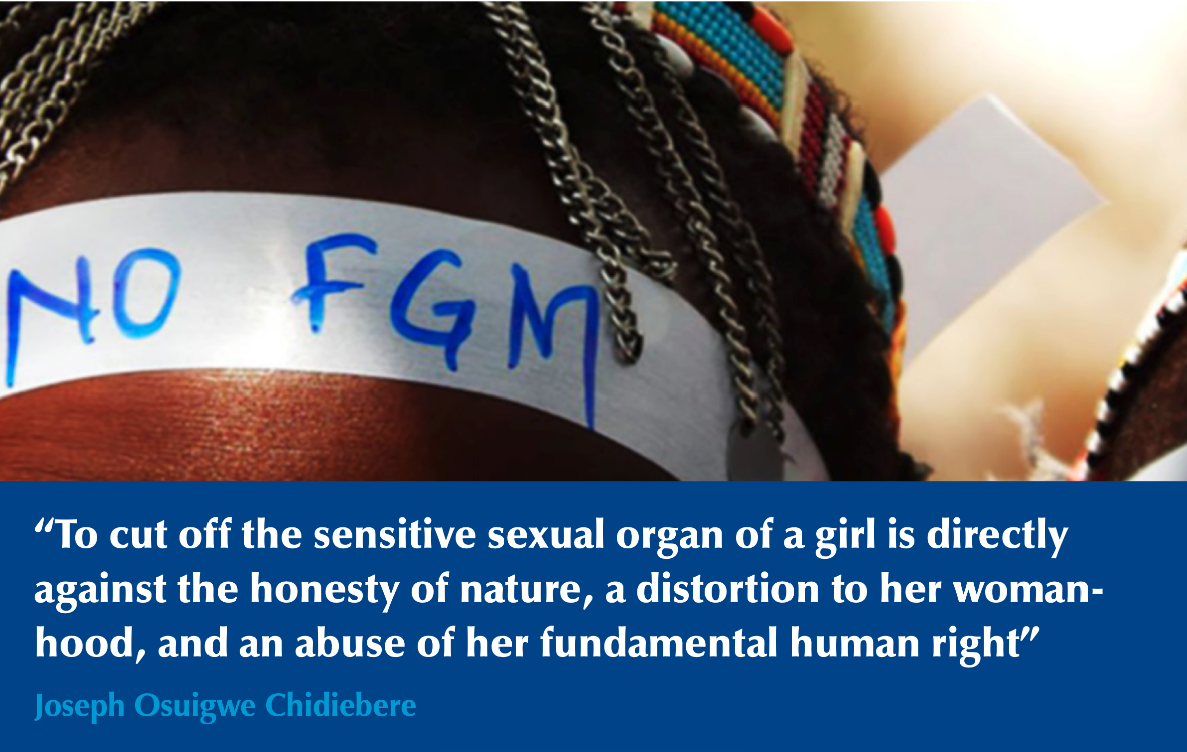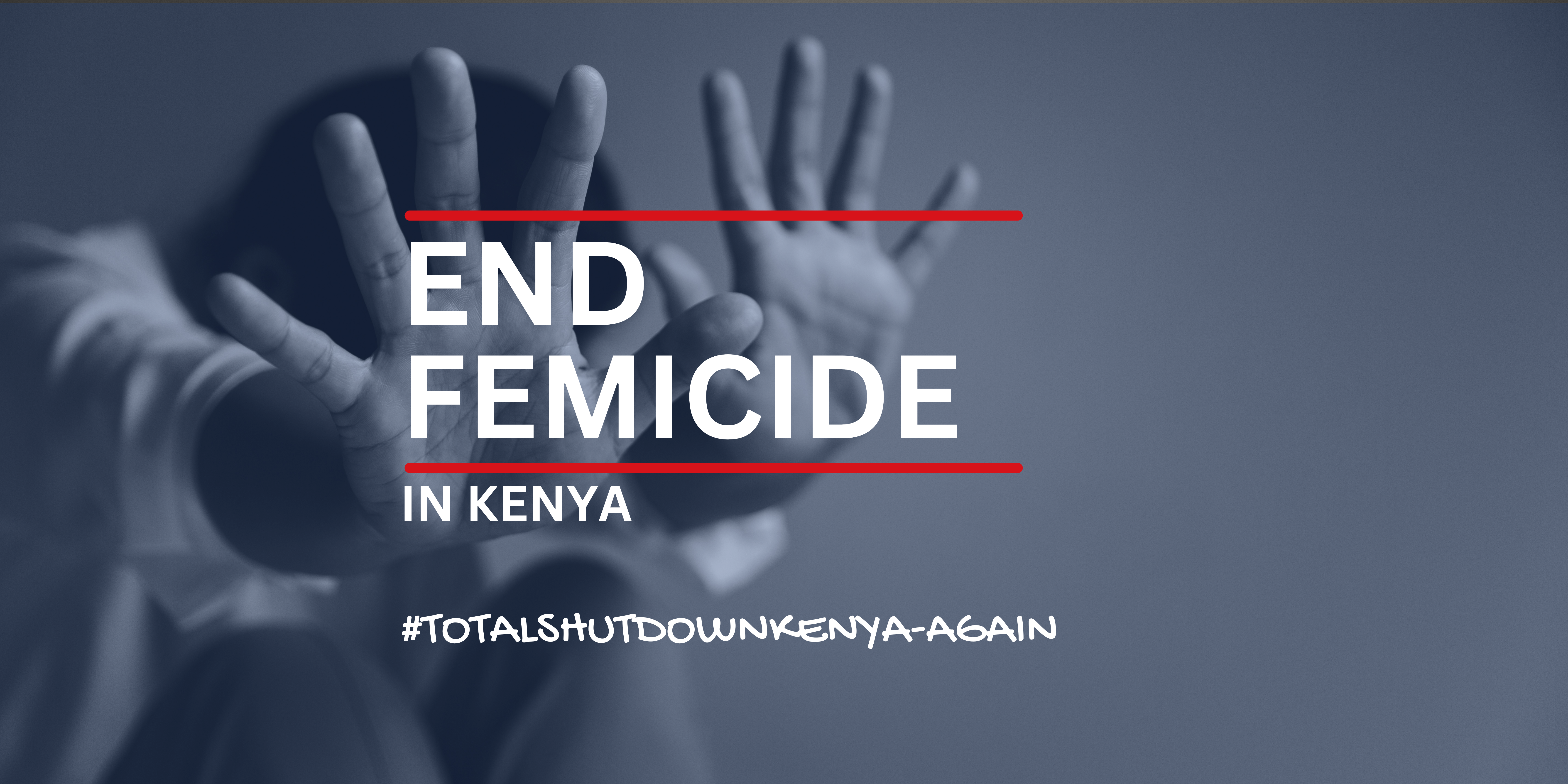Cyclic conflicts, poverty and harmful cultural practices and beliefs in Africa have stifled discussions on women’s rights and freedoms. The Maputo Protocol tries to address this by amongst other things denouncing sexual and gender based violence, promoting equality and requiring state parties to develop legal and policy frameworks that protect their rights.
Despite this development, issues of sexual and reproductive health of the African woman are still controversial. Sexual and reproductive health refers to the state of complete physical, mental and social well-being as regards one’s reproductive health. It means that a person is able to enjoy a satisfying and safe sex life, has the capacity to reproduce and the freedom to determine when and how frequently to do so. To achieve this it is imperative that a woman has access to information, has access to quality and affordable family planning and to antenatal and postnatal care.
The Maputo protocol seeks to achieve this in Article 14 where it provides for controlled fertility. It particularly states that women have the right to family planning education, to decide whether to have children and to choose any method of contraception. It also provides that the state is obligated to provide adequate and affordable health services especially to women in the rural areas. But what has been most controversial is its provision requiring the state to authorize medical abortion in cases of sexual assault, incest, rape and where the continued pregnancy endangers the mental and physical health of the mother.
Many pro-life advocates have since criticized the protocol for advancing the abortion-by-demand agenda in the continent. Human Life International in its 2009 report for instance stated that the protocol sought to legalize abortion and eradicate traditional African family cultures. These harsh sentiments seem popular with many African governments. Kenya in particular, has ratified the protocol but placed a reservation on Article 14. This is despite the Constitution allowing abortion under similar circumstances at article 26(4).
Reservations are meant to be temporary as the government puts in measures to meet its obligations under a particular instrument. However, six years later Kenya is doing little to lift the reservation and promote the reproductive health of its women. This situation has been further compromised by the recent withdrawal by the Director of Medical Services of the Standards and Guidelines for reducing morbidity and mortality from unsafe abortion. This move denies even rape survivors access to safe and legal abortion services. Further, women especially those in the rural areas are still unable to access quality health care and adequate family planning education. HIV illiteracy has also witnessed the forced and coerced sterilization of women while others still carry the burdens of cultural stereotypes.
The ongoing discussions on sexual and reproductive health in Africa must therefore seek to bridge the knowledge gap amongst women on their health and activate the government to provide quality health care services. Meanwhile, controversial subjects such as abortion must be considered within the social and cultural environments they seek to be implemented if we are to achieve any progress.



